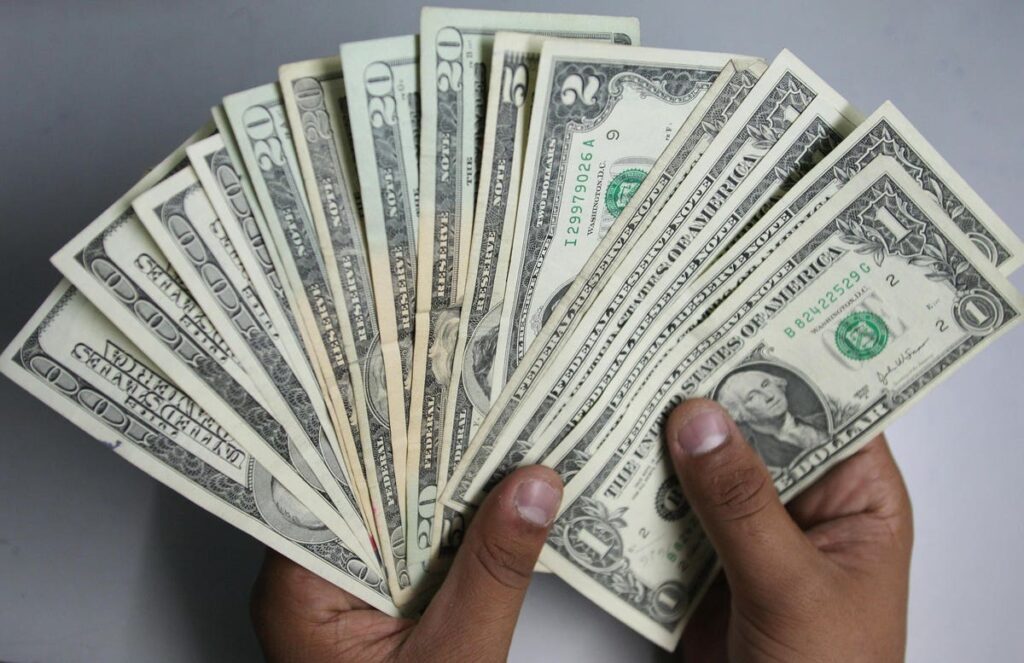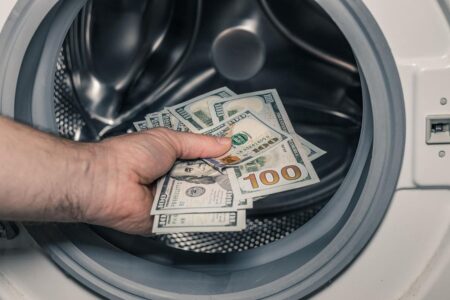There’s a pretty famous book by Dr. Gary Chapman that was all the craze where you can learn your love language so you can better communicate with your partner as to how you best give and receive love. When it comes to how you handle your money, there are love languages here too that many people fall into regarding their attitudes about their financial situation, and where you find yourself in these categories can be just as telling as your love language.
Anxiety
For many people, especially those that grow up without money, money and finances trigger anxiety in their lives. Their money language is all centered around anxiety – what happens when I don’t have enough money? Will it all be taken away at some point? Even if they become quite wealthy and have a good bit of income and assets, they still have feelings of anxiety surrounding money, or spending money, or needing additional money.
Stress
Similarly, to those with anxiety, there’s another category of folks that feel stress around finances -either from having too little or not knowing how to handle what they do have. Money is often one of the top reasons for divorce, and not understanding how each partner spends money can certainly lead to friction.
Greed
It’s no surprise that greed is often associated with money, as we often find there are many people who just continue to want more and more of it, to the point of starting wars over money and power. While it’s ok to want more money, it can be destructive when it gets in the way of your morals and ethics, or when it becomes an all-encompassing feeling. Greed is pervasive in society though, and we can likely all think of examples of someone motivated by greed when it comes to money.
Pride
When you’ve managed to accumulate wealth, pride is a feeling that often comes into play – particularly if you’ve started with modest means. Of course, there’s a point where pridefulness can turn into showiness, but there’s nothing wrong with being proud of your accomplishments.
Happiness
There’s a group where regardless of how little or how much money they have, money in general makes them happy – often because they’re using it to do things that they enjoy in life.
Envy
Money can make many people feel envious, particularly if they feel that others have a better financial situation than they do – it may be helpful to keep in mind that there is always someone out there with more or less than you, and that money isn’t everything in life.
Guilt
So many people feel guilty over money – whether it’s due to having accumulated a lot of it and feeling guilty that others haven’t, or feeling like they shouldn’t spend money on themselves, money can carry a lot of guilty emotions for people. For this group, it may help to think of money as a tool to make the world a better place.
Fear
There’s a group of people who are simply afraid of money – perhaps afraid of how money may impact their lives, or how they behave around their money. They often bury their heads in the sand when it comes to their finances in general. This group may benefit from working with a neutral third party, like a financial advisor, to help them neutralize that fear.
Love
For some, money equals love – money itself just evokes a feeling of being loved and they want more of it. Loving money a little bit may be motivating, however loving it too much may be an obsession that can cloud your life.
When it comes to understanding your money language, having an idea of where you fall into one of these categories (or several of them) can help you better relate to your finances – and if you have a partner, you may be able to understand each other and how you both relate to your finances together, too.
Read the full article here













